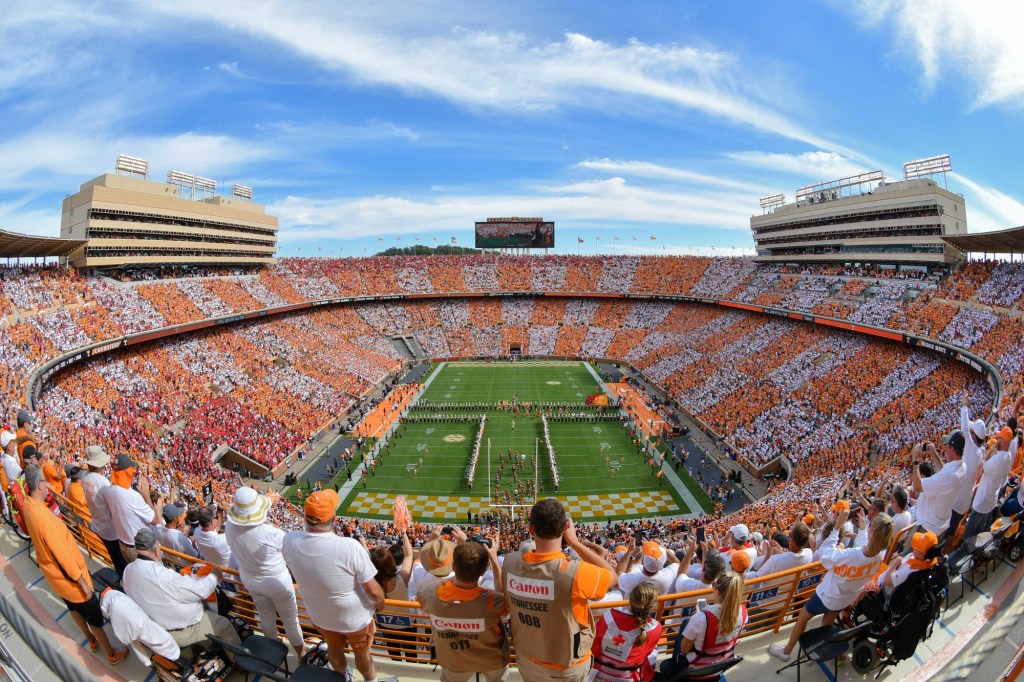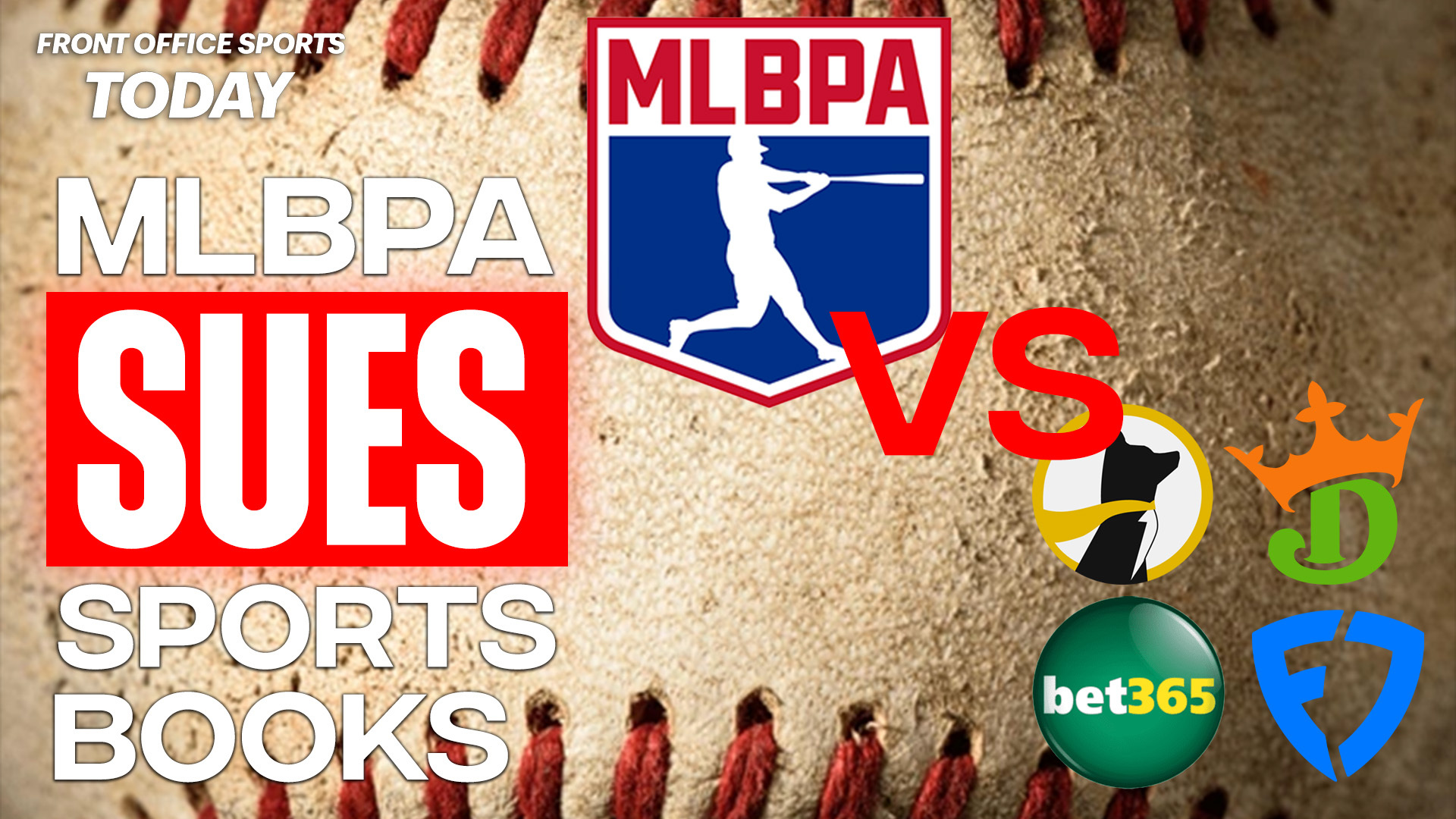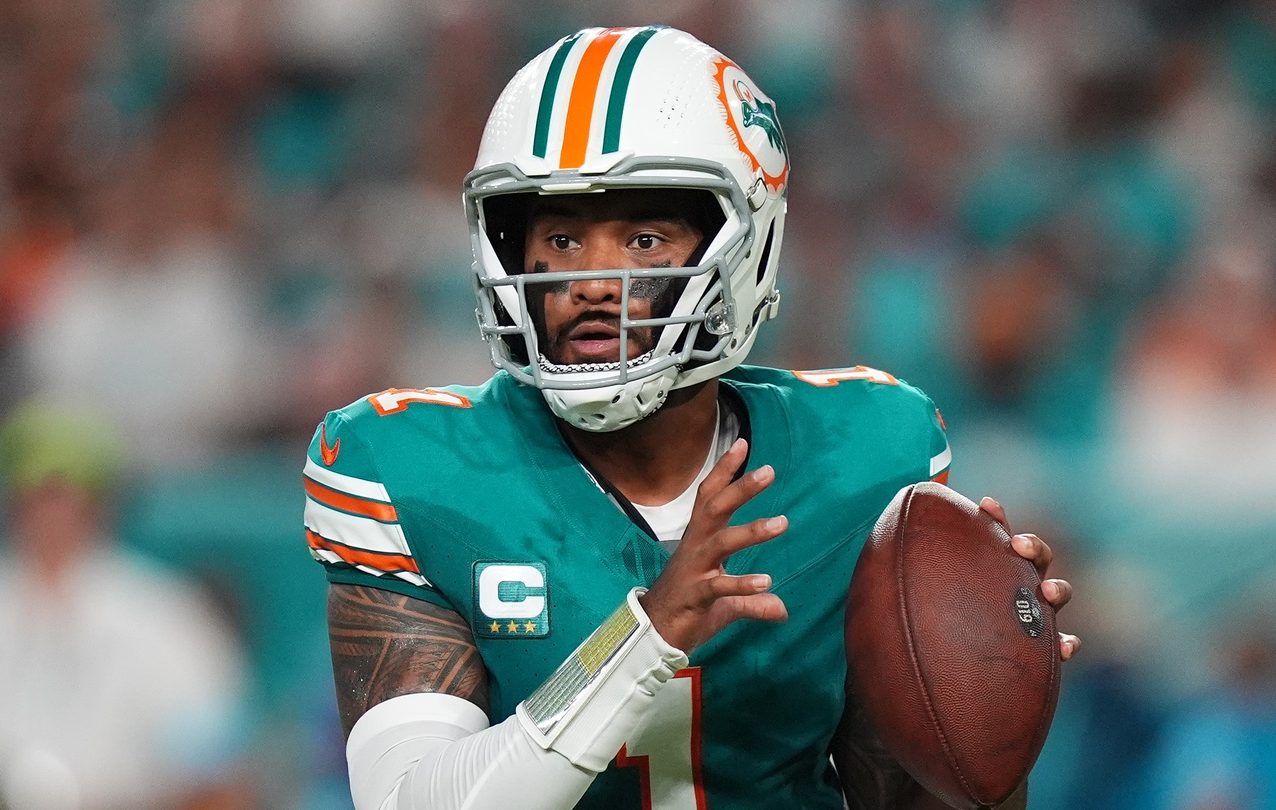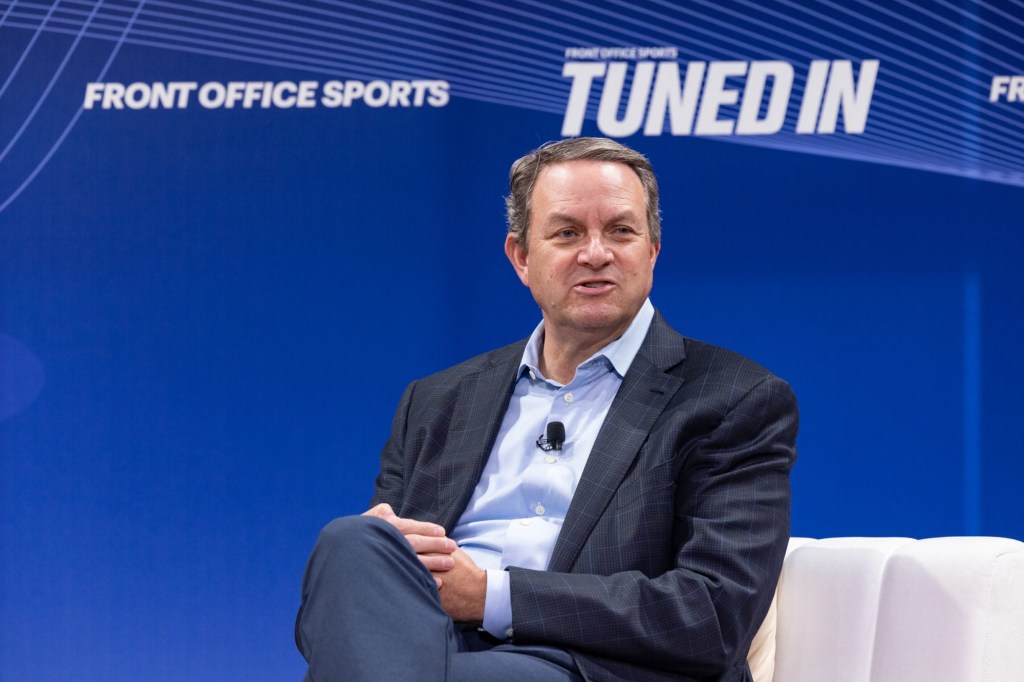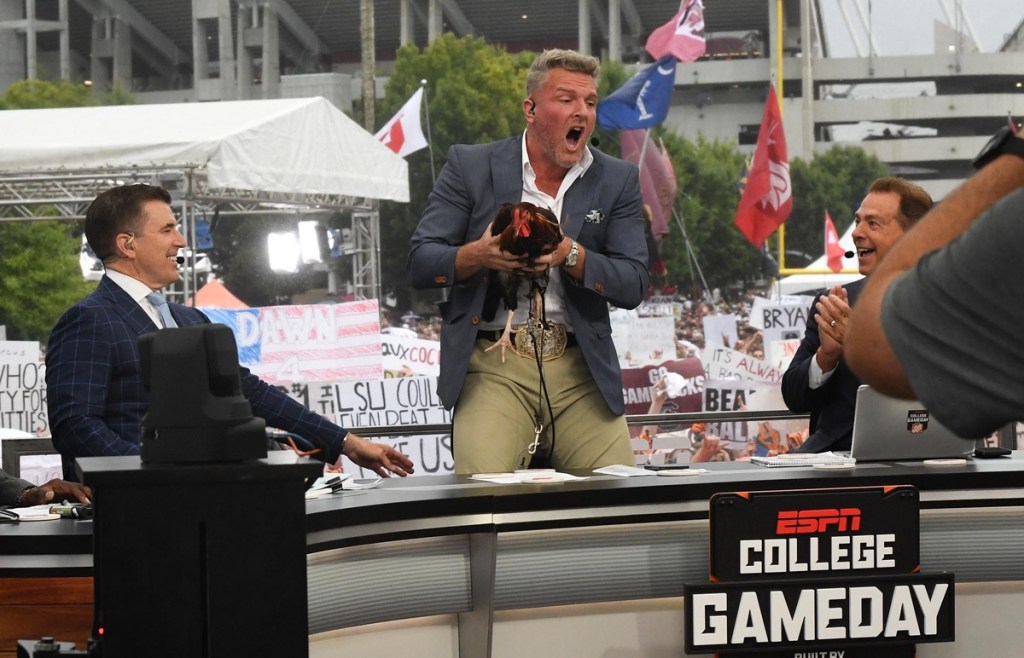The shifting landscape in college sports is putting more money in players’ pockets. It is also—perhaps not surprisingly—getting more expensive for fans.
With schools soon set to be allowed to pay athletes around $22 million per year if and when the House v. NCAA settlement is approved, Tennessee is planning to get a portion of that money from a 10% “talent fee” that will be added to tickets across all sports.
That money—like a tip on top of a bill at a restaurant—will go directly to paying athletes. If fans want, they can choose to give Tennessee additional talent fees beyond the 10% of their ticket costs. Volunteers athletic director Danny White told On3 he hopes to raise about $10 million from that initiative. Separately, Tennessee football tickets in 2025 will increase 4.5%.
Front Office Sports college reporter Amanda Christovich has more on that move here.
Friendly Fundraising?
Most successful football schools haven’t exactly been hurting for cash in recent years.
During fiscal year 2023, Tennessee’s athletic department reported more than $200 million in total operating revenue for the first time ($202 million, to be exact), resulting in an $11.1 million surplus—its largest since 2015. Football was responsible for a record $134.9 million, helping fund many nonrevenue sports across the university.
But even still, with increasing NIL (name, image, and likeness) budgets for many football and basketball rosters, as well as the pending settlement to pay players directly, university leaders remain uneasy about funding the future.
This past spring, a congressional hearing dived into college athlete unionization efforts, and Sen. Ted Cruz hosted an NIL roundtable, highlighting the gravity of the situation. At the time, Alabama suggested Olympic sports could be cut to keep up with the increased costs of football and basketball.
Money Games in Other States
Meanwhile, Georgia on Tuesday became the second state to prohibit the NCAA or conferences from punishing in-state schools for “offering compensation, or compensating an intercollegiate student-athlete for the use of such student-athlete’s NIL.” An executive order from state Gov. Brian Kemp followed a similar law passed in Virginia over the summer.
Despite the laws, though, sources told ESPN that neither Georgia nor Georgia Tech have plans to start paying their players immediately—following the lead of Virginia and Virginia Tech—both of which also have not taken advantage of the legal loophole.


